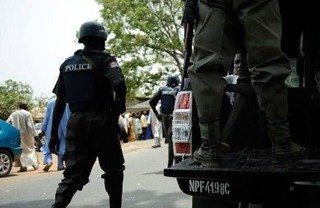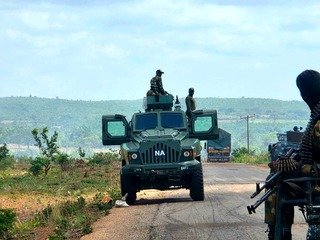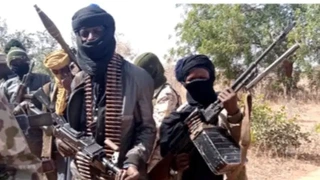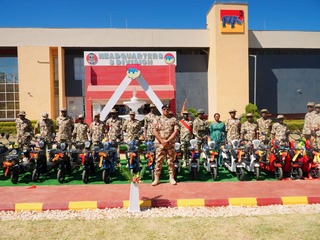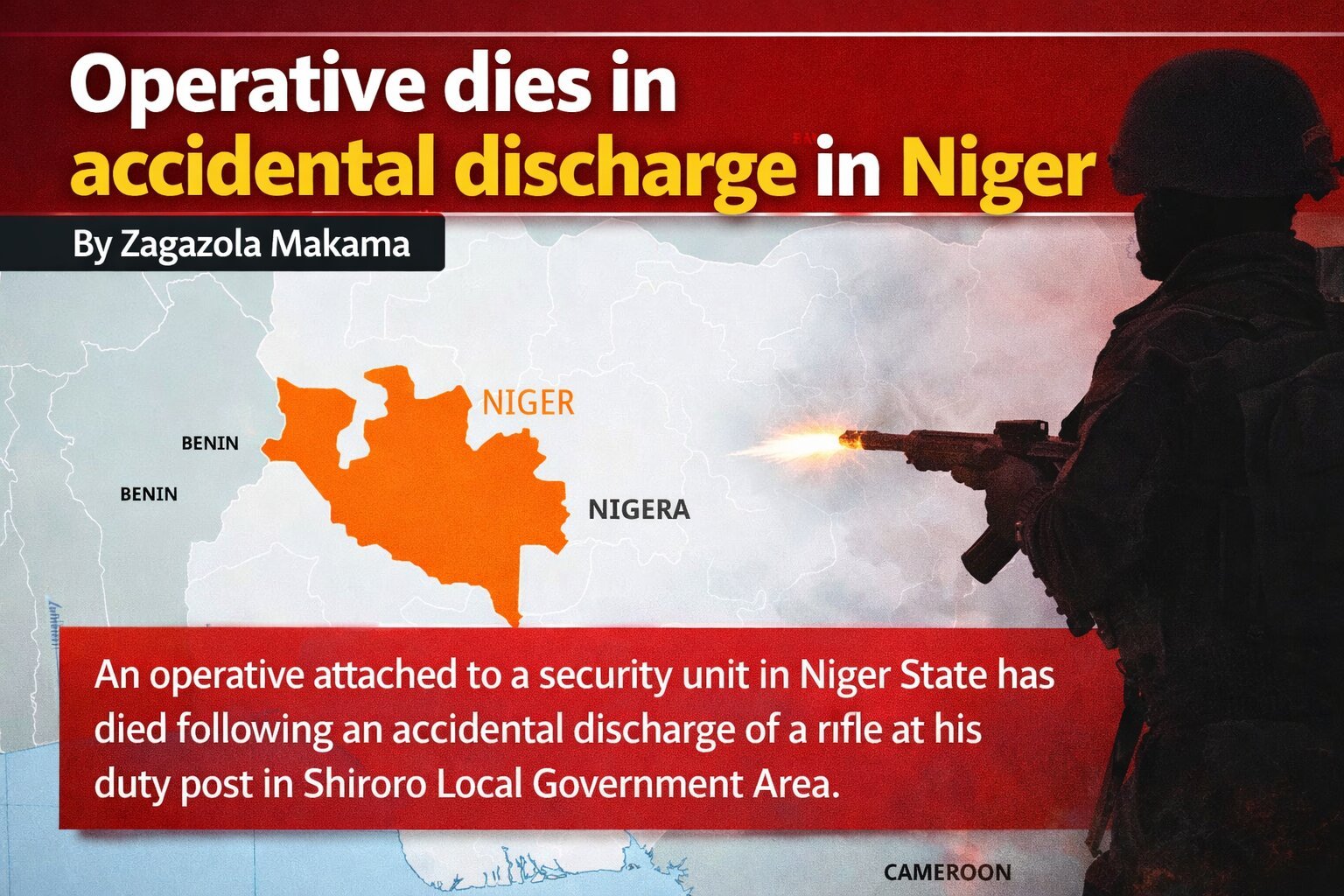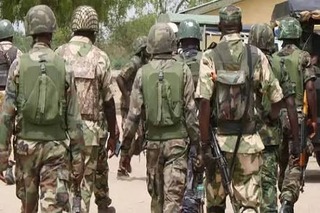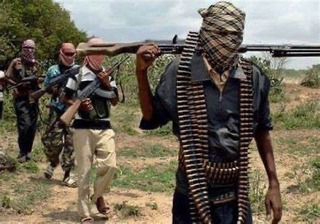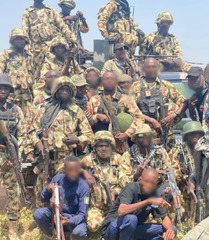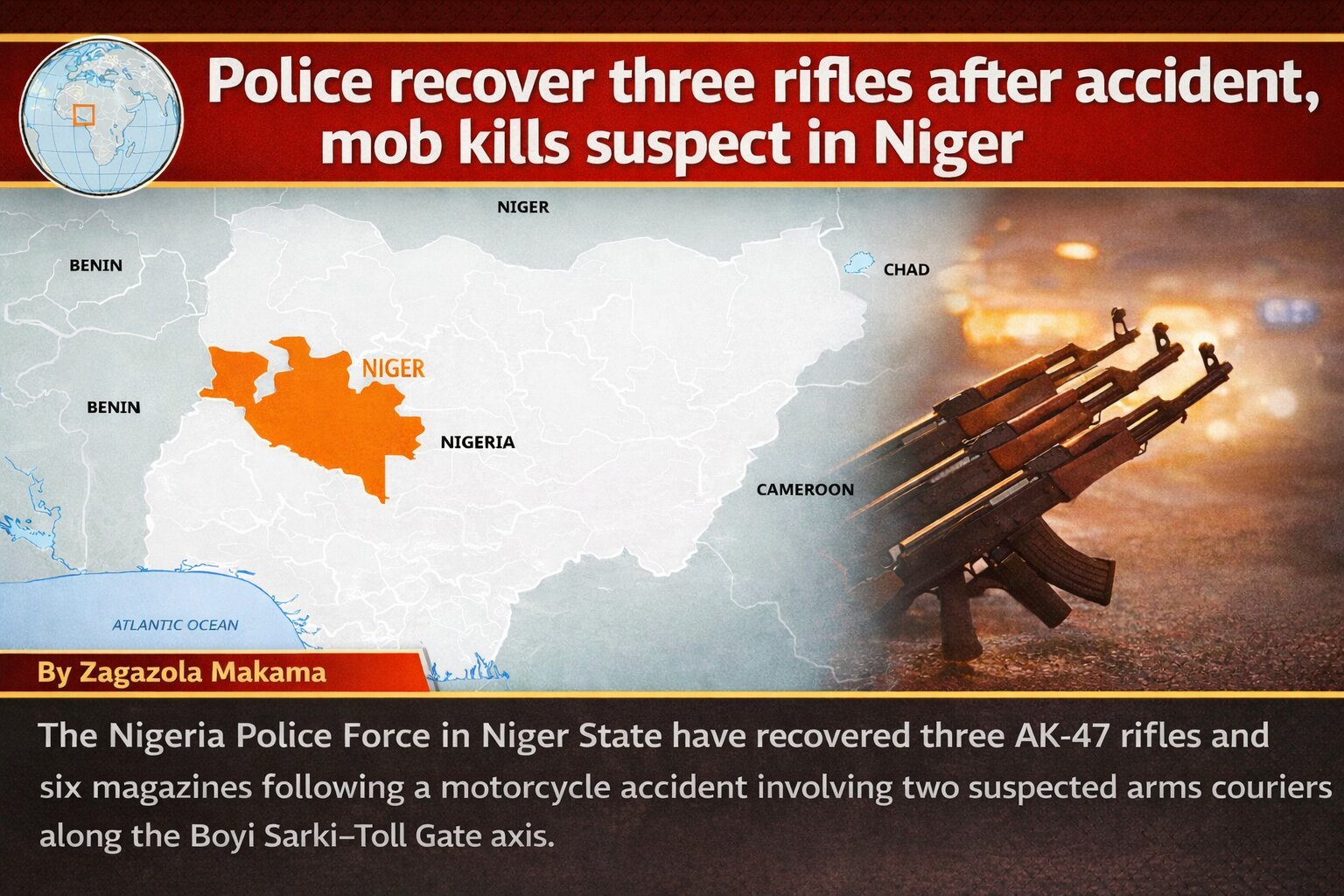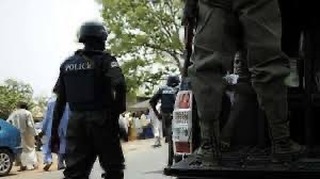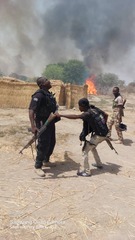Burkina Faso and Niger: Two Nations Drowning in Security Challenges
By Zagazola Malama
As 2024 draws to a close, the Sahel’s security crisis has reached a tipping point, with Burkina Faso and Niger epitomizing the failure of military regimes to contain escalating violence. Despite strong rhetoric and sweeping promises, both nations are struggling under the weight of relentless attacks from non-state armed groups, exposing their vulnerabilities to an international audience.
Recent attacks in Burkina Faso underline the dire state of its security apparatus. On December 29, 2024, armed groups launched coordinated assaults on the Volunteers for the Defense of the Homeland (VDP) in two critical regions.
In the Upper Basins region, a VDP post near Bobo-Dioulasso—Burkina Faso’s second-largest city fell into the hands of insurgents. This incursion moves the conflict dangerously close to key economic and strategic zones. Simultaneously, in the Mouhoun Loop, terrorists overran two VDP positions in Dedougou without resistance. These victories embolden the insurgents and jeopardize rural safety, further isolating vulnerable communities.
The inability of local forces to counter these threats reflects poorly on the leadership in Ouagadougou. With insufficient support and inadequate resources, the VDPs already a last line of defense find themselves overextended, leaving civilians exposed to unchecked violence.
Niger faces its own devastating security setbacks. On December 20, an improvised explosive device (IED) targeted a Nigerian Armed Forces (FAN) unit near Niaktiré, along the volatile Tillabéri region. This area, bordering Burkina Faso, remains a hotbed of insurgent activity, with Jama’at Nasr al-Islam wal-Muslimin (JNIM) claiming responsibility for the attack.
Ten days later, on December 30, saboteurs struck a critical economic artery the pipeline linking Niger to the port of Cotonou, Benin. The attack damaged two vital points, undermining Niger’s oil industry, which constitutes a cornerstone of its national revenue. This assault underscores the armed groups’ ability to cripple Niger’s strategic infrastructure, further exacerbating an already fragile economy.
The recurring wave of violence across Burkina Faso and Niger exposed a glaring truth: both nations are facing a military and strategic debacle. Their armed forces, weakened by low morale, lack of coordination, and insufficient resources, are failing to rise to the challenge.
Despite lofty assurances from military juntas, the reality on the ground tells a different story. Non state armed groups exploit the chronic absence of effective governance, expanding their influence while the state recedes. The result is a growing humanitarian crisis, with displaced populations and unprotected communities bearing the brunt of this failure.
The recent surge in attacks reflects the widening gap between the ambitious rhetoric of Sahelian military leaders and their operational realities. Their inability to secure vital infrastructure or protect their citizens has turned the region into fertile ground for armed groups to thrive.
For Burkina Faso and Niger, the stakes could not be higher. The survival of their states, economies, and populations depends on a drastic overhaul of their security strategies. Until then, the dream of stability remains elusive, with the populations of these nations paying the ultimate price for their leaders’ missteps.
The mountain, as the saying goes, has given birth to a mouse.



